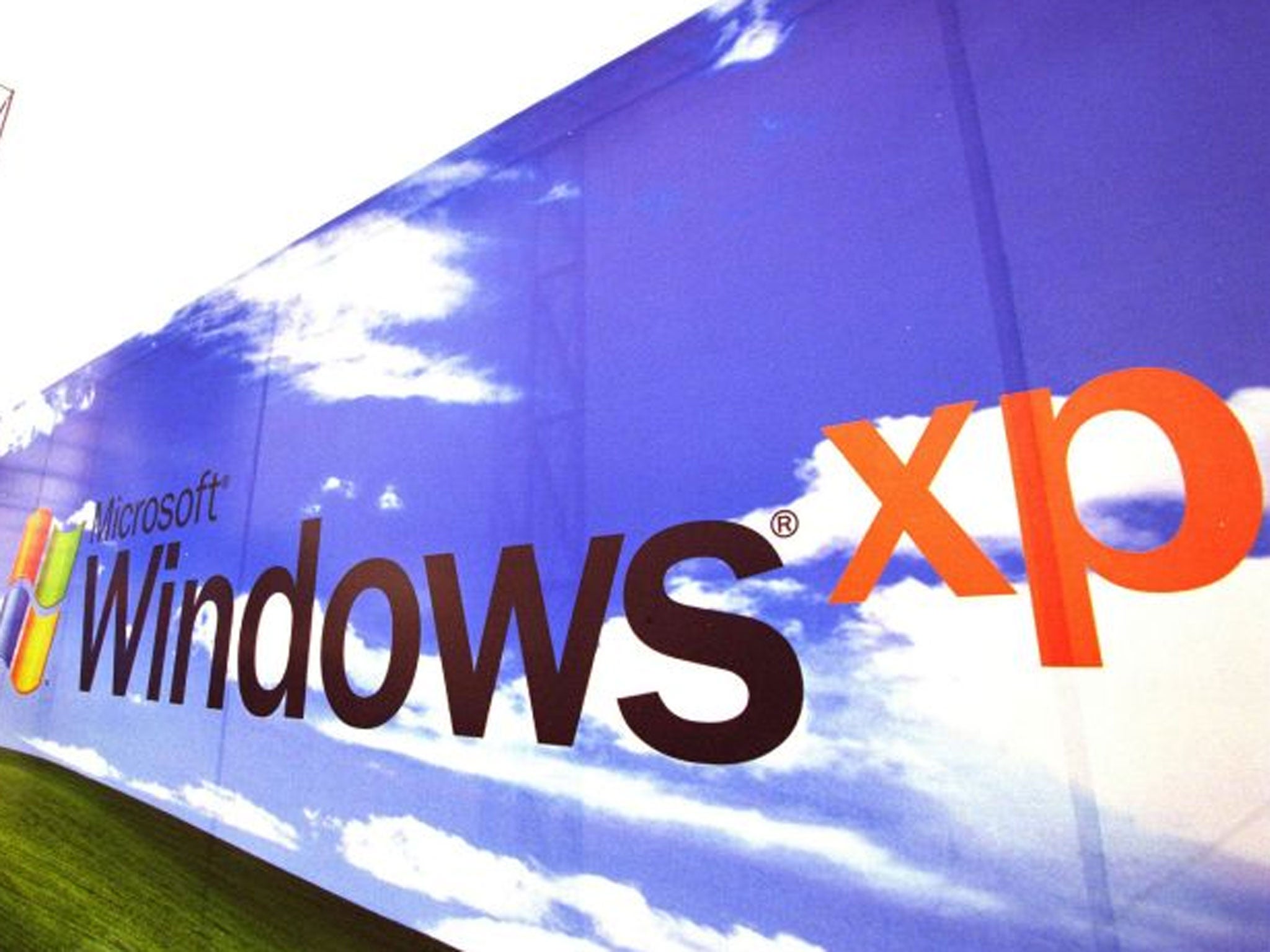RIP Windows XP: the 'zombie' operating system that came to haunt Microsoft
Microsoft's most popular operating system – Windows XP – has come to haunt the corporation. Thirteen years after it launched, it's being laid to rest

If you hear a faint whoop of jubilation from across the Atlantic in a couple of weeks' time, don't be surprised. It will be the cry of Microsoft executives celebrating finally having achieved what, for years, seemed impossible: the laying to rest of its mighty Windows XP operating system.
Within computing circles, XP has become known as a zombie: the operating system that Microsoft, despite its best efforts, just could not kill. The software launched in 2001 is still installed on a third of all PCs. Only Windows 7 (released in 2009) has managed to have any real impact, being installed on just under half of all PCs today. But even then, Microsoft would much prefer that people were using the very latest OS, Windows 8.1.
So, come 8 April, executives will be cheering. On that day, Microsoft will finally cease its support of XP. The zombie OS really will become the walking dead, as the wolves, in the form of hackers, viruses and malware, start to circle. Computers running the operating system will become more vulnerable as Microsoft stops releasing security patches, and there will be no more automatic updates. Meanwhile, hackers may look to reverse-engineer security updates that appear for Windows 7 or 8/8.1, hoping to find unpatched exploits that they can use to gain access to systems. The zombie OS will start to haunt its users, becoming unpredictable and dangerous.
XP's demise has been a long time coming – Microsoft even released an XP End of Support Countdown Gadget – but there will surely be some sadness tinged with the relief. Perhaps, during its countdown, Microsoft could spend the hours reminiscing about the dark days in 2007, when disgruntled users sent Vista, XP's successor, packing back to Redmond (just under 4 per cent of computers have it installed). Or it could recall the more recent struggles, which have seen Windows 8 users left staring at their screens in search of a start button.
But how did XP fall so far from grace in Microsoft's eyes? Its problem is that it became too popular. A gap of six years between its release and Vista was far too long. During that time, new computers were being shipped with XP pre-installed, and by January 2006, 400 million copies were in use. It coincided with an explosion in PC sales so, for many, it was their first taste of Windows.
It gave XP ample opportunity to gain a real foothold in the market on a scale that utterly clouded any computing success that had gone before it. Given that some companies don't update their machines for years on end, the numbers stacked up and it became even more difficult for subsequent releases to knock it off its perch.
To make matters worse for Microsoft, people have become used to the interface. Some businesses don't want to spend money on replacing systems that work, nor do they want to fork out on retraining their staff. IT professionals aren't helping much, either. Online IT community Spiceworks says 76 per cent of IT consultants are still running Windows XP on at least one system. "Folks don't like change," says technology analyst Rob Enderle. "And Microsoft is less aggressive in forcing change than Apple. So the folks that hate change the most just didn't move."
So what happens now? For a while, not much. Windows XP will still continue to run on people's machines. It will even continue to benefit from anti-malware measures – Microsoft announced in January that it may be scrapping automatic updates, service packs and tech support but it will carry on battling against viruses and hackers until 15 April 2015.
There are solutions. Users could switch to Apple, install the open-source operating system Linux or just upgrade to a more up-to-date Windows. This latter option may mean buying a new computer, although some users will just be able to buy a copy of Windows 7 or 8. "The problem is," says Enderle, "Windows 7 is already obsolete and has been superseded by Windows 8. And Windows 8 is such a big change, thanks to the fact it is touchscreen and has a new interface. Plus, once people move, Microsoft will have another problem: getting them to move again in the future."
You sense that, if Microsoft had its way, the monster it created would already be under 10 feet of concrete and peppered with a few silver bullets, just to be on the safe side.
Join our commenting forum
Join thought-provoking conversations, follow other Independent readers and see their replies
0Comments